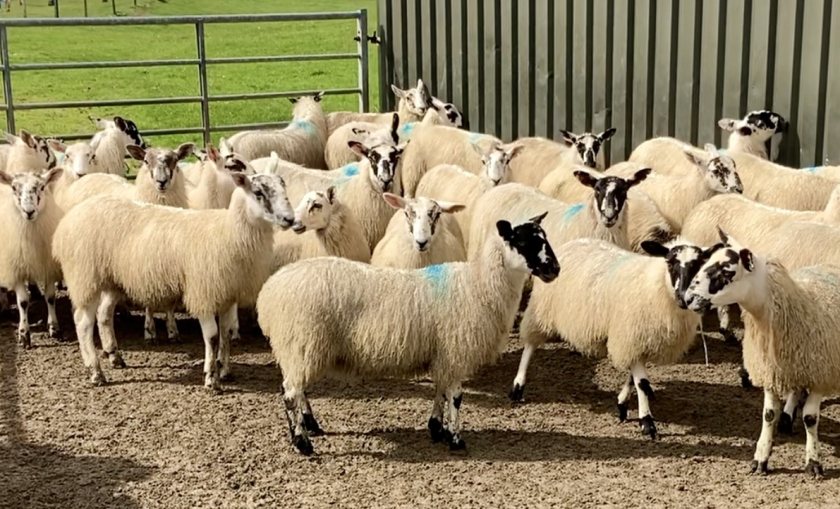Risk of blowfly strike rises to 'red alert' for three regions

Farmers in three areas of the UK are being urged to take early preventative measures as the risk of blowfly strike rises to 'red alert' status.
Sheep producers in South Wales, South Shropshire and the Midlands are being advised to take prompt action as the threat of the disease increases.
The warning comes from Blowfly Watch, a risk alert service run by Elanco and NADIS, which uses environmental data to forecast blowfly risk across 40km zones.
Matt Colston, ruminant technical consultant at animal health firm Elanco, stresses the importance of acting early to protect flocks.
“Damage happens fast – it can take as little as 36 hours from an egg being laid on a sheep to maggots eating its flesh," he warned.
"Prevention is better than waiting to see a struck lamb before treating the whole flock."
To help prevent infestations, he recommends the use of an Insect Growth Regulator (IGR) such as products from the CLiK™ range.
These offer protection for various flock types, lasting between eight and 19 weeks, with meat withdrawal periods ranging from seven to 40 days.
Mr Colston’s tips for effective application include using a properly calibrated applicator gun fitted with a fan spray nozzle.
He advises that treatments should always be applied to a clean fleece, so any dirty animals should be clipped or dagged beforehand.
The product should be applied in a band approximately 10 centimetres wide, with the gun held around 45 centimetres from the sheep.
He emphasises that clean fleece is key for efficacy, and this can be supported through good worm control and timely shearing.
“Worm management plays a valuable role in preventing strike, because scouring, due to worms, can cause dirty backends and encourage flies,” Mr Colston said.
“Regular faecal egg counts can help identify worm burdens early and allow for prompt treatment before lambs scour.”








